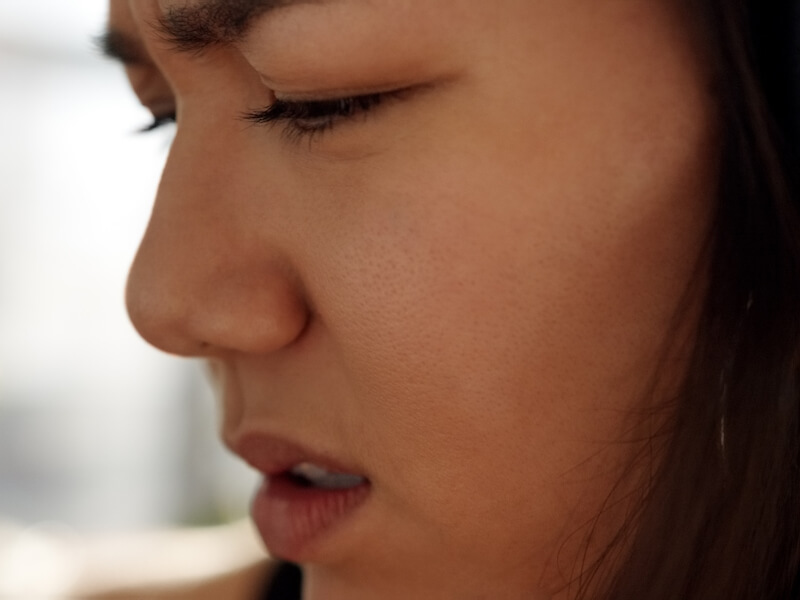
It’s well known that stress, especially for prolonged periods, can be extremely harmful to the body. When you are afflicted by chronic stress, everything from headaches to serious muscle aches can be the outcome. But tinnitus, a clicking, buzzing, or ringing in the ears can also be the outcome.
Stress isn’t the only thing that can cause tinnitus, it can also be caused by a sinus infection, loud noises, and other factors. Let’s have a look at a few potential causes of that irritating ringing in your ears.
How to Distinguish Unhealthy Stress
How does stress relate to tinnitus? We often don’t consider the negative effect stress can have on our bodies or how it can lead to troublesome, painful, or even severe medical problems. Stress is not something you should neglect.
Healthy Stress
Stress that persists a few minutes, or even several hours, can actually play an important role in accomplishing demanding tasks. Stress can supply a boost of energy and adrenalin to complete tasks and projects that really need to be finished.
There is a difference, however, between healthy, short-term stress and unhealthy, harmful stress. The ability to accomplish goals can be assisted by healthy stress while unhealthy stress can physically harm you.
Unhealthy Stress
Unhealthy stress is a consequence of the fear of something that, generally, never in fact occurs. Unhealthy stress is created when a person remains in a heightened state of anxiety for a long period of time.
Unhealthy stress is associates with our “fight or flight” response, a natural reaction that helps keep us protected in dangerous conditions. When an individual stays in a hyper-stressful state for an extended period, it can result in harmful physical symptoms.
Worrying
Worrying is a really universal cause of unhealthy stress. The significance of a relationship or situation can often be exaggerated. We may tell ourselves we wrecked a chance at a promotion because of something we said. Too much worrying can produce intrusive, apparently unmanageable thoughts.
Invasive Thoughts And Unhealthy Stress
We might believe that we are falling behind and failing to fulfill our everyday tasks. Obsession, perpetual internal dialog, and even panic are a typical part of this type of stress. Eventually, our unhealthy stress wears on our bodies if we don’t take measures to curtail these thoughts.
Normally, unhealthy stress affects the upper part of the body by creating pain and muscle tension. The head, neck shoulders, and jaw are areas that can be affected.
Jaw Tension And Anger
Have you ever read a book where the writer talks about a character as being so angry his jaw clenched in rage? Stress, anger, worry, and invasive thoughts commonly come with jaw tension.
Continuous strain can put pressure on the delicate bones of the inner ear and eardrum. Eventually, this strain can lead to ringing in your ears.
Ear Strain And Sinus Infections
From sore throats to stuffy noses, sinus infections bring about lots of unwelcome symptoms.
Sinus pressure, headaches, and pressure in the ears are typical symptoms of a sinus infection. A ringing, clicking, or buzzing can be the outcome.
When you have a sinus infection, your nasal congestion frequently spreads to your ears. Clogging in the ears and extreme pressure on the eardrum will develop because of the accumulated earwax this creates. And with this comes ringing in the ears.
If the ringing is triggered by a sinus infection it will probably go away on its own and you won’t need to see a hearing specialist. If the ringing persists for more than a few days, however, you should make an appointment with a hearing professional.
Extended Exposure to Loud Noises
The intermittent music show probably won’t cause long-term ear-ringing. If you repeatedly expose your ears to intense sounds, however, you may be putting stress on the tender parts of your ears.
Ringing, clicking, or buzzing can be the outcome when the eardrum and inner ears are put under the incredible strain of continual exposure to intense noises.
Beyond the occasional ringing in your ears, exposure to intense sounds over a prolonged period of time can result in temporary or lasting hearing loss. It’s crucial to protect your ears from the elements and listen to music at a sensible volume level.
Safeguarding Your Ears
Whether caused by stress, muscle tension, an illness, or loud noises, tinnitus shouldn’t be ignored. Getting your hearing examined by a hearing specialist frequently is the smartest thing you can do. If you think the ringing in your ears has a serious hidden medical cause, you should have them examined for your peace of mind.

